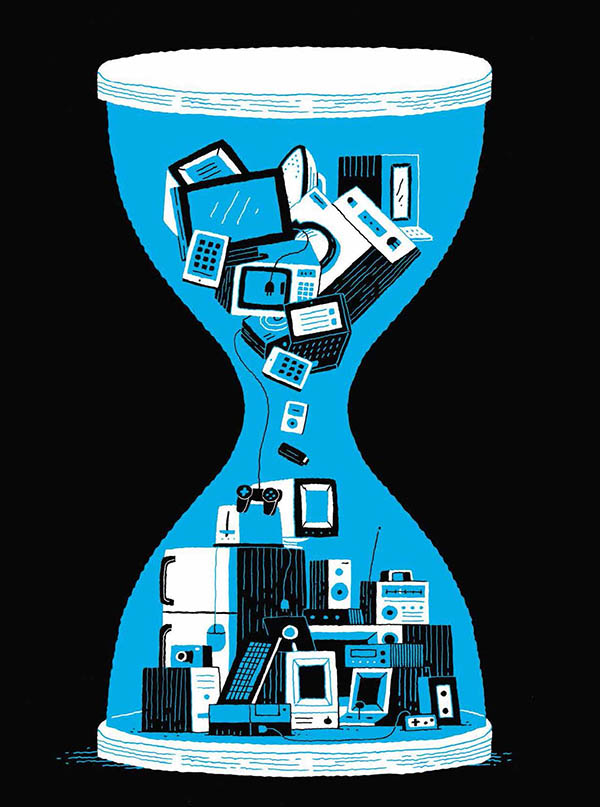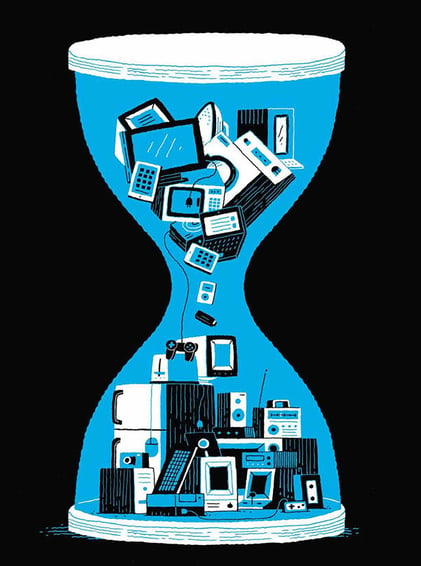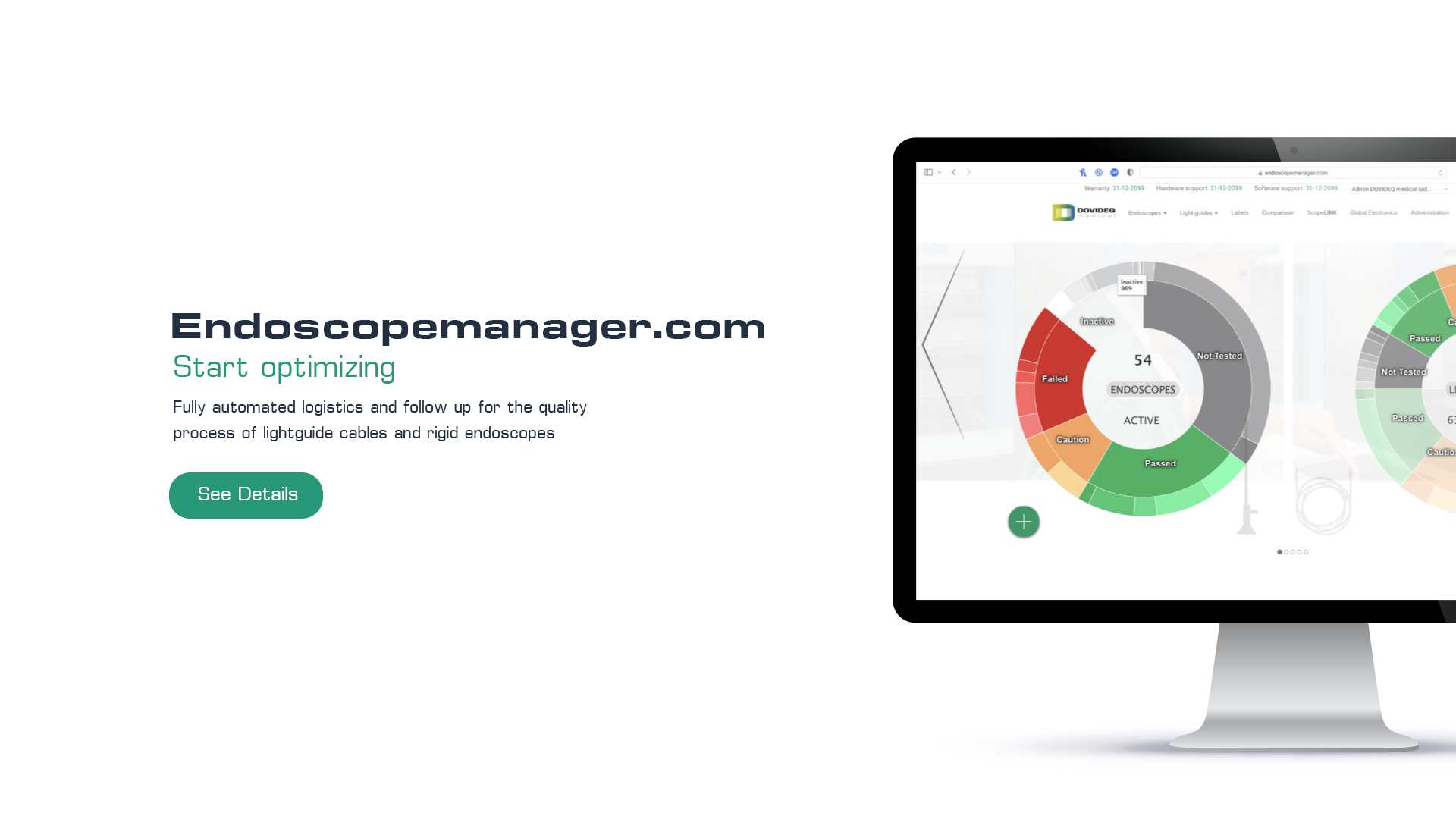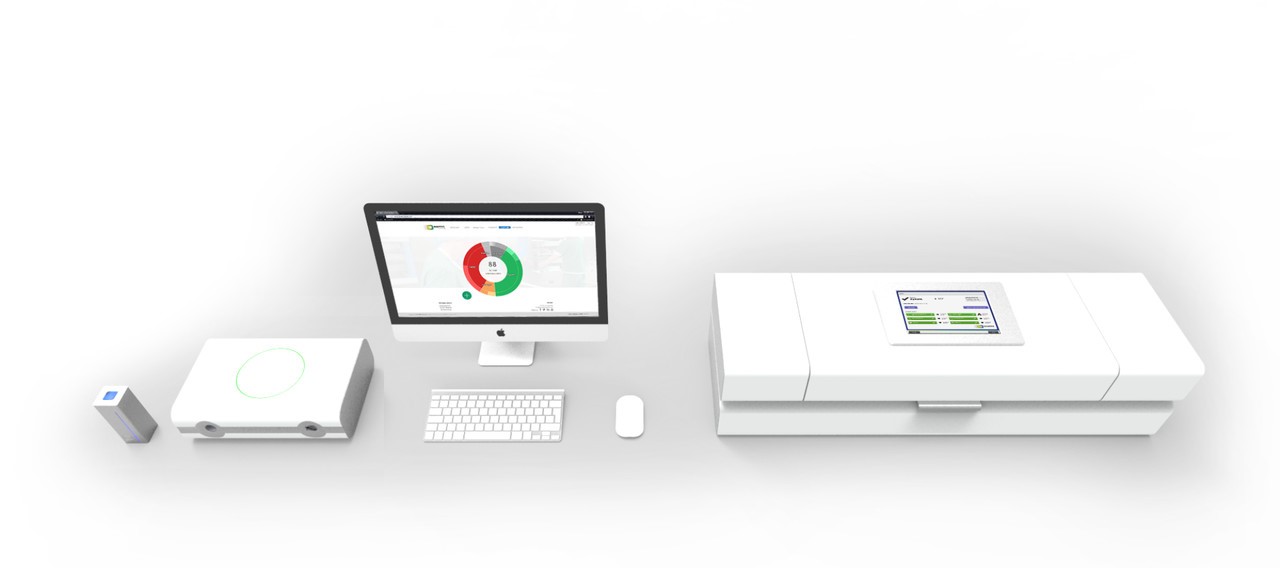Planned obsolescence is the practice of designing products with a limited lifespan in order to encourage consumers to continually purchase new products by having one or more parts deliberately break down within a certain timeframe.
This concept is often associated with consumer goods such as electronics, but it can also be applied to reusable medical devices, such as rigid endoscopes.
The use of planned obsolescence in the design of these devices can be detrimental to hospitals and healthcare providers. One reason is that it can increase the overall cost of medical care.
If hospitals are constantly replacing endoscopes that have reached their designed lifespan, rather than being able to reuse them for an extended period of time, it can add up to significant expenses over time.
Additionally, the use of planned obsolescence in medical devices can contribute to the waste problem in the healthcare industry. Medical waste is a significant environmental concern. Disposable medical devices contribute significantly to this issue.
By designing reusable medical devices with a limited lifespan, manufacturers are essentially encouraging the disposal of these devices and contributing to the overall problem of medical waste.
There is also the issue of patient safety to consider. If hospitals are constantly replacing endoscopes, there is the potential for more human error during the procurement process. There is also the risk of equipment failure due to poor quality control if manufacturers are more focused on pushing out new products rather than ensuring the durability and reliability of their products.
It is important for hospitals and healthcare providers to be aware of the potential for planned obsolescence in reusable medical devices, to oversee if this is happening by using autmated testing equipment after every use and to make informed purchasing decisions that prioritize long-term value and patient safety.
Another way to do this is to choose manufacturers that have a strong track record of producing durable and reliable products, rather than those that prioritize short-term profits.
Overall, the use of planned obsolescence in reusable medical devices, such as rigid endoscopes, is a concerning practice that can have negative consequences for hospitals and healthcare providers. By being aware of this issue and making informed purchasing decisions and to constantly check, hospitals can help to reduce waste, lower costs, and prioritize patient safety.





